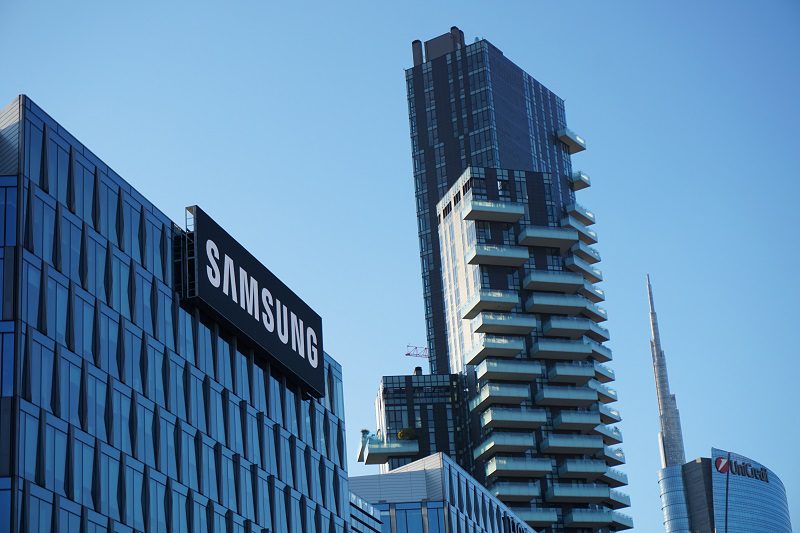As the AI revolution reaches more and more areas of technology, someone is trying not to get impressed by that. After a data leak, Bloomberg reports that Samsung has actually release a ban that generative AI tools mustn’t be used and forbids its workers from utilizing the well-known tools on corporate property. Wait, what?
Yes, you’ve read correctly! Because of security concerns, Samsung has apparently forbidden its staff from utilizing well-known generative AI tools like ChatGPT, Google Bard, and Bing. I mean, that’s unexpected coming from one of the world’s greatest tech giants, right?! But we even have an official statement:
Interest in generative AI platforms such as ChatGPT has been growing internally and externally; […] While this interest focuses on the usefulness and efficiency of these platforms, there are also growing concerns about security risks presented by generative AI.
Well, we didn’t see that coming!
According to the report, the new yet curious restriction was implemented as a result of the company’s engineers mistakenly disclosing internal source code by uploading it to ChatGPT. So, as previously said, The introduction of the new legislation coincides with growing anxiety over the harm posed by AI.
And to understand how this matter is actually handled, there’s a public statement requesting prominent artificial intelligence laboratories to halt the development of AI systems that was signed by hundreds of industry leaders and AI researchers in March. The statement cited “profound risks” to human society. But are the risks that profound? Do we risk getting into a rabbit hole?
What are your thoughts about the generative AI tools? How about Samsung’s recent decision?
With the release of OpenAI’s ChatGPT back in November—a chatbot with a potent AI engine that can start discussions, create software, and even write poetry—generative AI gained widespread attention. But there’s always a catch, isn’t it?!
Samsung’s new regulations forbid the use of generative artificial intelligence systems on Samsung-owned laptops, tablets, and phones.












Leave a Reply